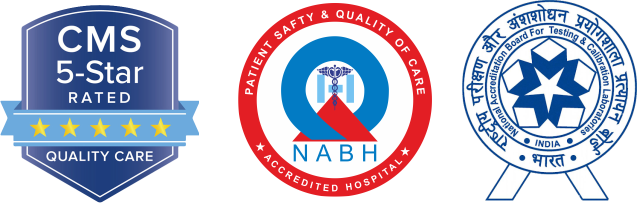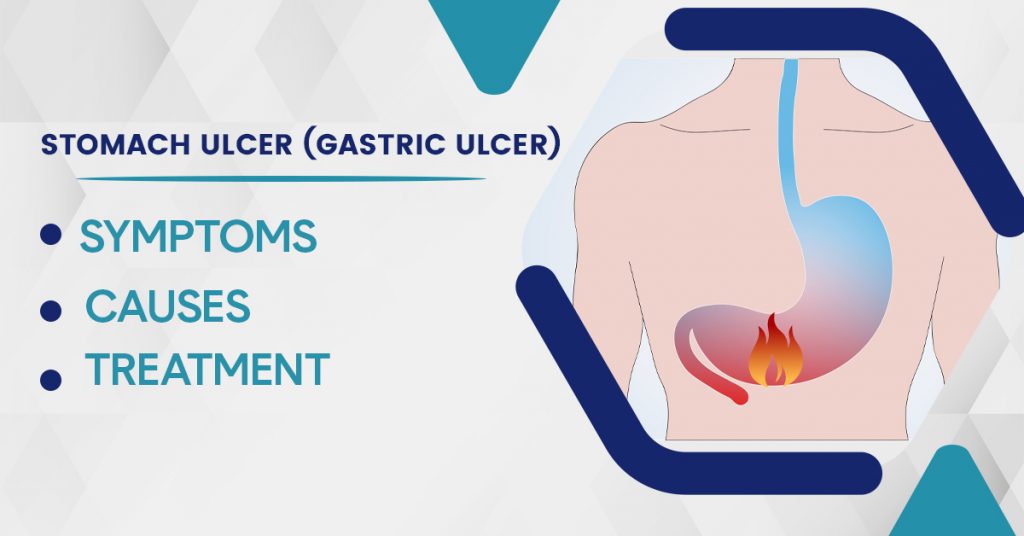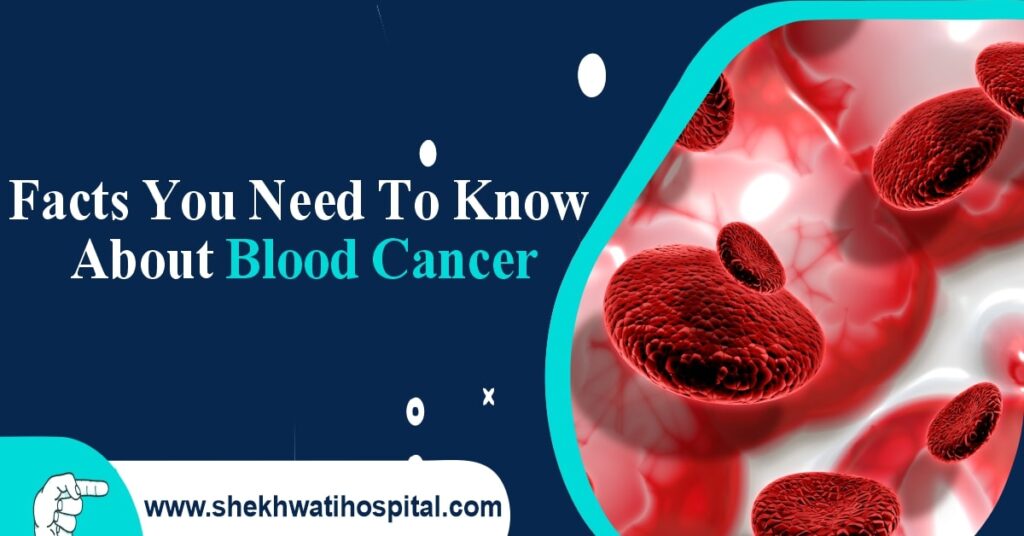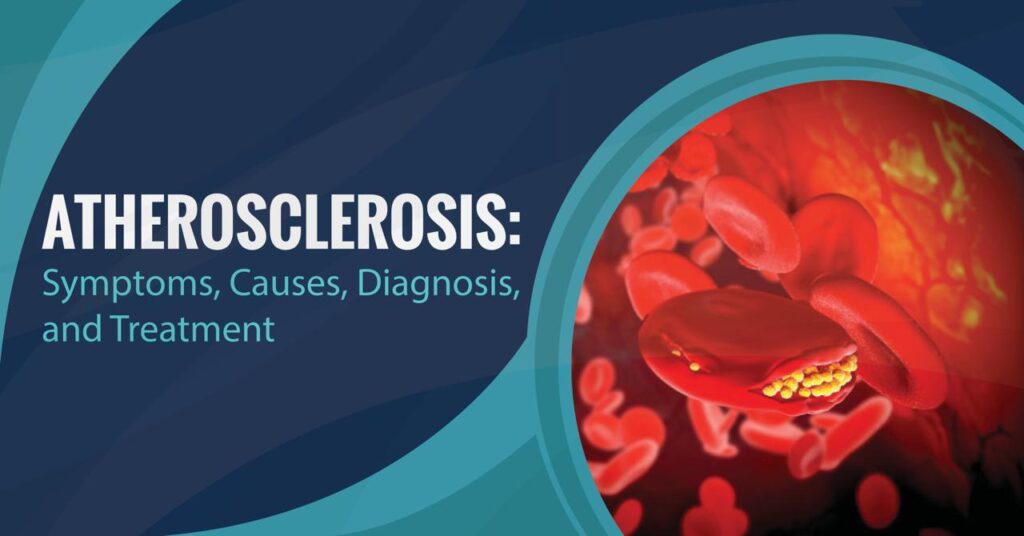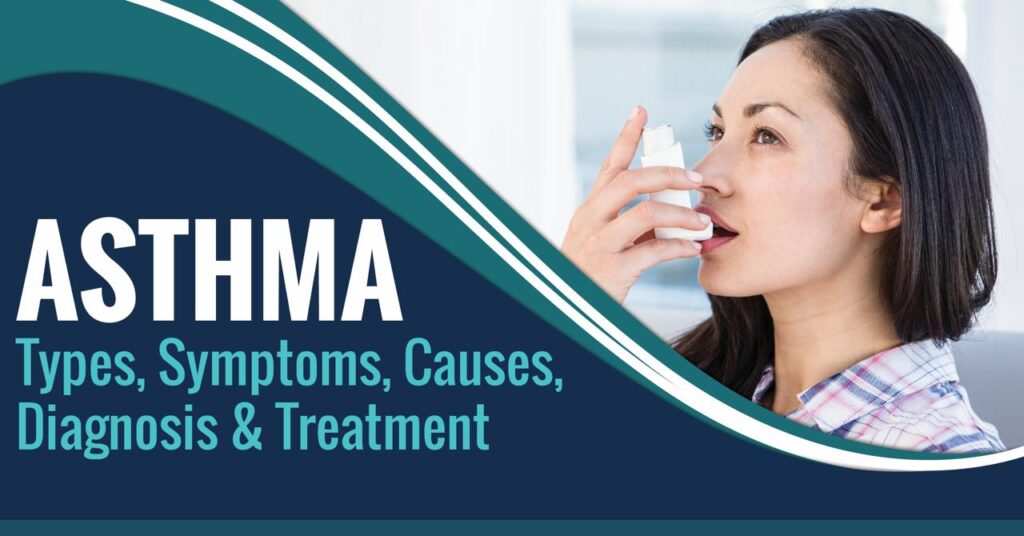What is a stomach ulcer?
An ulcer of the stomach is caused by a break in the stomach’s lining. In general, a peptic ulcer is defined as an inflammation of either the stomach or the first part of the small intestine coming out of the stomach, called the duodenum.
Stomach ulcers were once considered to be caused primarily by stress, smoking, and diet. Helicobacter pylori (H. pylori) has been identified as the cause of 60 percent of severe stomach ulcers and most duodenal ulcers. Many symptoms of dyspepsia are also caused by the H. pylori bacteria.
A stomach ulcer may be easily treated, but if not treated properly, it can become severe. Acid-suppressing medicines and antibiotics are often used to treat stomach ulcers.
What causes stomach ulcers?
There used to be a belief that certain foods or stress could cause ulcers. However, no research has been conducted to support these theories. The main cause of ulcers has been determined to be:
- Helicobacter pylori (H. pylori) bacteria.
- Pain-relieving NSAID medications.
Pylori bacteria:
The stomach is commonly infected by H. pylori. Nearly half of the world’s population is infected with H. pylori without knowing it. In childhood, H. pylori are believed to be transmitted from person to person by parents.
Inflammation (irritation) caused by H. pylori bacteria can lead to the breakdown of this protective lining in the digestive tract. The breakdown is caused by the strong acid in your stomach, which is intended to digest food. Stomach tissue can be dissolved by acid unless mucus is present.
The presence of H. pylori, however, usually doesn’t harm most people. About 10% to 15% of those with H. pylori end up developing ulcers.
Pain-relieving NSAID medications:
Peptic ulcer disease can also be caused by the use of NSAIDs, a group of drugs used to relieve pain. By destroying mucus, NSAIDS wear away the lining of the digestive tract. As a result, peptic ulcers may develop:
- Aspirin
- Naproxen
- Ibuprofen
- Prescription NSAIDs
Tylenol® is not an NSAID and can be safely taken regularly without harming your stomach. In cases where people are prohibited from taking NSAIDs, acetaminophen is prescribed.
Some people who take NSAIDs may develop ulcers. The combination of NSAID use and H pylori infection is potentially dangerous. Those with H pylori and frequent NSAID use are more likely to have mucus layer damage, which can be more severe. If you frequently use NSAIDs, you are also more likely to develop ulcers.
- Take high dosages of NSAIDs.
- Are over the age of 70.
- They are women.
- As you take NSAIDs, you should also take your doctor’s prescribed corticosteroids (drugs prescribed for asthma, arthritis, and lupus).
- Keep taking NSAIDS continuously over an extended period.
- Previous history of ulcer disease.
Other cases:
Peptic ulcer disease may also occur in other circumstances. A person may develop an ulcer after:
- Suffering from various diseases or infections.
- Going through surgery.
- Utilizing other medications.
You may also develop ulcer disease if you suffer from Zollinger-Ellison syndrome (gastrinoma). Acid-producing cells form a tumor in the digestive tract when this condition occurs. Cancerous or non-cancerous tumors can develop in this condition. Excessive acid produced by the cells damages stomach tissues.
Symptoms of stomach ulcers
Stomach ulcers are characterized by several symptoms. How severe they depend on how serious the ulcer is.
A burning sensation or pain between the chest and belly button is the most common symptom. It can last from a few minutes to several hours, and it is more intense when your stomach is empty.
Ulcers can also cause these symptoms:
- Stomach ache
- Caused by losing weight
- Prevents you from eating
- Causing nausea
- And dizziness
- Due to being easily full
- Experiencing acid reflux
- Heartburn (heartburn causes a burning sensation in the chest)
- Eating, drinking, and taking antacids may relieve pain
- Pale skin, fatigue, or shortness of breath can be symptoms of anemia
- With dark tarry stools
- Vomiting that resembles coffee grounds
A stomach ulcer can be treated if you show any symptoms of it. If ulcers aren’t treated, they can worsen, even if the discomfort is mild. They can even become life-threatening if they bleed.
How are stomach ulcers diagnosed?
Diagnoses of ulcers are usually made through diagnostic imaging. These tests are frequently used:
- Upper GI series (UGI): X-rays like this are commonly used. Patients are given a chalky liquid to drink that increases contrast on X-rays, enabling certain features to be seen more clearly. Barium is present in the liquid, so this test is sometimes referred to as a barium swallow.
- Endoscopy (EGD): There is a tiny camera at the end of an endoscope, which is thin, flexible, and has a thin tube inside. An oral tube is passed through the mouth into the stomach after the patient is given a mild sedative. Peptic ulcers can be diagnosed by examining the stomach lining. Biopsies are carried out by taking tiny samples of tissue, which are analyzed under a microscope.
A diagnostic imaging test that shows the presence of an ulcer may be followed by a test to determine if H pylori are present. There are three ways to test for the presence of H pylori.
- Blood tests: To detect bacteria, antibodies are used. H pylori is an example of an invader that the immune system can defend against with antibodies. There is no cost associated with the blood test, and it can be performed at a clinic. Having an ulcer in the past and receiving treatment for it can harm those who have already had one.
- Breath test: During this test, one measures the carbon dioxide in one’s breath after drinking a special liquid that detects H pylori. A bacteria called H pylori breaks down the liquid, causing the blood carbon content to increase. CO2 is exhaled to get rid of this carbon. The blood test is more accurate, but it is more challenging. Following treatment, it is frequently used to determine whether the H pylori bacteria have been eradicated.
- Tissue tests: A sample of tissue from the stomach is needed to detect bacteria in these tests if an endoscopic biopsy has been performed.
Treating stomach ulcers:
The cause of a peptic ulcer determines the treatment. The most common treatment involves killing the H pylori bacterium, reducing or eliminating the use of NSAIDs, and helping the ulcer to heal.
The following medications can be used:
- Antibiotic medications: Depending on your medical history and condition, your healthcare provider may prescribe some combination of antibiotics to kill H pylori in your digestive system. The most commonly prescribed antibiotics include tetracyclines, metronidazoles, clarithromycin, and amoxicillin.
- Proton pump inhibitors (PPIs): Reduce stomach acid with these drugs, and protect your stomach lining at the same time. There are several PPIs such as esomeprazole, omeprazole, dexlansoprazole, lansoprazole, pantoprazole, and rabeprazole.
- Histamine receptor blockers (H2 blockers): The chemicals in these drugs prevent your body from producing stomach acid (histamines). Nizatidine, cimetidine, and famotidine are H2 blockers.
- Antacids: In order to neutralize stomach acid, these over-the-counter medicines are commonly used. They may relieve some symptoms, but they will not heal your ulcer. Antibiotics may also be affected by them.
- Cytoprotective agents: By coating and protecting your stomach lining, these medicines help you stay healthy. Misoprostol and sucralfate are two examples.
- Bismuth Subsalicylate: It works by coating and protecting your ulcer from stomach acid. Pepto-Bismol is commonly found over the counter.
A healthful diet for Stomach Ulcers
Ensure that you consume a variety of foods from all the food groups. A diet rich in fruits, vegetables, whole grains, and low-fat or fat-free dairy products is recommended. Brown rice, whole wheat bread, cereals, and pasta are all whole grains.
Choosing lean meats, poultry (chicken and turkey), beans, eggs, and nuts will help you lose weight. Choose diet plans that are low in fat, salt, and added sugar are the key to a healthy diet. Choosing olive and canola oils as healthy fats is recommended. Consult your dietitian if you want further advice.
It might be a good idea to stay away from foods high in fat, acid, and spice. Different foods affect people differently. There are certain foods that worsen symptoms, so you must limit those foods. You may suffer from gastritis or ulcer symptoms if you consume these foods:
- Beverages to avoid
- Whole milk
- Caffeine
- Drinks that contain alcohol
- Peppermint and spearmint tea
- Spices and seasonings to avoid:
- Chili powder
- Black and red pepper
- Mustard seed and nutmeg
- Other foods to avoid
- Dairy food products
- Spicy or strongly flavored cheeses
- high-fat meats
- Tomato products
Home remedies for stomach ulcers
Ulcer pain can be relieved with some natural home remedies. Here are some ways:
- Probiotics: Probiotics, which are found in yogurt and fermented foods, are important for gut health. A lot of bacteria are reduced in the gut when these organisms are present, accelerating the healing process.
- Ginger: Researchers have found that ginger may help treat gastric ulcers caused by H pylori bacteria, a condition commonly found in Indian households. However, since the results are from animal studies, it is unclear whether the same results will occur in humans.
- Colorful fruits: The rich color of some fruits is due to flavonoids, which are found in apples, lemon, oranges, nuts, and blueberries. Furthermore, flavonoids are beneficial for treating stomach ulcers, diarrhea, and other ailments.
- Bananas: Plantain banana sabzi is often found in India, particularly in the south. The ubiquitous chips are also in abundance in India.
- Honey: Honey is a favorite of everyone. Study results from 2016 indicate that honey might be able to treat stomach ulcers as it has antimicrobial properties against H. pylori bacteria.
- Turmeric: Curcumin is a compound found in turmeric, a staple of Indian cooking. The antioxidant and anti-inflammatory properties of curcumin have been proved through a 2013 study.
When should you call or see a Doctor?
The first step to preventing stomach ulcers is to consult a physician. It is important to evaluate and treat stomach symptoms that last more than a few days.
The symptoms of anemia, such as fatigue and breathlessness, can indicate a slow-bleeding ulcer. In addition to vomiting blood or having black, sticky stools, more serious bleeding requires immediate medical attention.
It is also dangerous to have a hole in the stomach, a perforation. An infected stomach wall is dangerous without immediate treatment. If you experience sudden stomach pain and it gets worse, you may have a perforation. If you have symptoms of being very ill, you should get medical treatment right away.
You can also Read: NATURAL WAYS TO BOOST FERTILITY
Prevention of stomach ulcers
Prevention of stomach ulcers is as follows:
- Don’t use tobacco products
- Alcohol should not be consumed
- Caution should be taken when using aspirin or NSAIDs
- If you have ulcer symptoms, don’t ignore them
- Make sure you wash your hands regularly and consume food that has been cooked thoroughly to avoid infections

